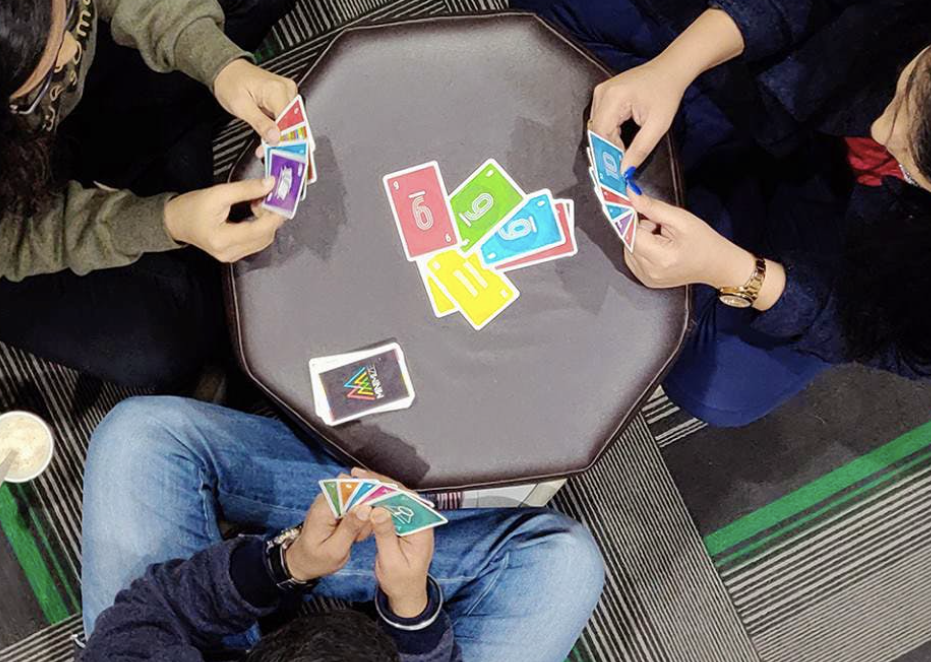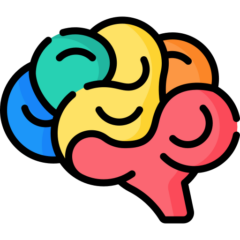Card games have a history dating back more than 1,200 years to China’s T’ang Dynasty. Did you know that Jack and Queen didn’t become face cards until the 14th or 15th century when card games began to spread throughout Europe? Or that the French first developed the popular card suites as we know them now?

For most of us, playing card games was merely an enjoyable activity to do while we were kids or as adults to engage with others. Recent research demonstrates that card games offer amusement and are also very good for our emotional, cognitive, and mental health.
Memory and Brain Functionality
According to research by the Wisconsin Alzheimer’s Institute and the Wisconsin Alzheimer’s Disease Research Center, playing card games encourages people to have more brain tissue in various parts of the brain.
Along with better memory and thought processes, dementia risk is significantly decreased. So the next time you can’t find your keys, consider playing a game of bridges with your friends. You should also check out the bridge-sized code: deck classic if you don’t have a deck lying around.
Mental Growth and Health
Card games offer a simple and secure setting for anybody to develop their confidence, pick up new abilities, and hone their patience. They can aid with anxiety and serve as a stress reducer.
Some card games can even boost self-confidence since they allow players to compete on an equal footing, which helps remove obstacles that occasionally limit us from all from fully appreciating life.
Math Skills and Concentration
The mathematics that underlies such a trivial pastime as playing cards has a certain allure. When people start playing card games, they discover that it’s easy to master chances and probabilities in class.
One of the numerous abilities taught by card games is combinatorics. Other skills include mental math and skip counting. The team put together the Poker Player Bundle at Varianto:25 as a special offer for all math whizzes.
Social Engagement
Playing cards is a social pastime that provides many chances to interact with others. It has been bringing together individuals of all ages and origins for a very long time. A deck of cards is tiny enough to be transported anywhere, and you may play games like bridge, blackjack, or poker anytime, anyplace.
